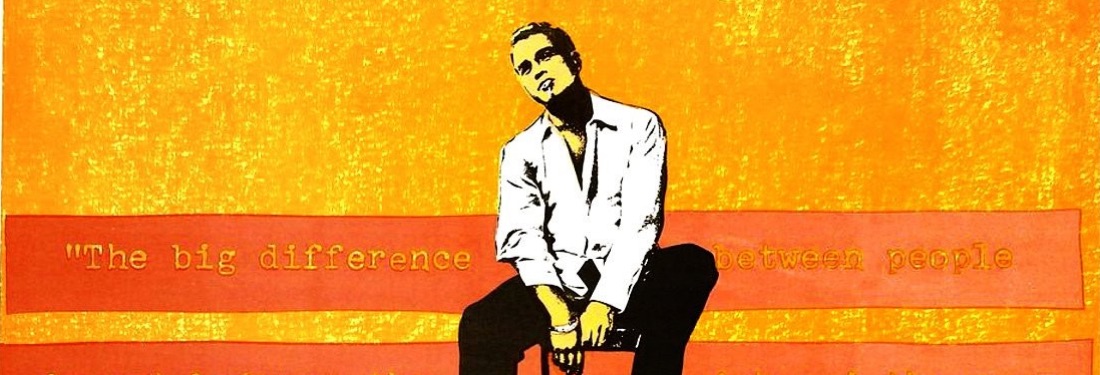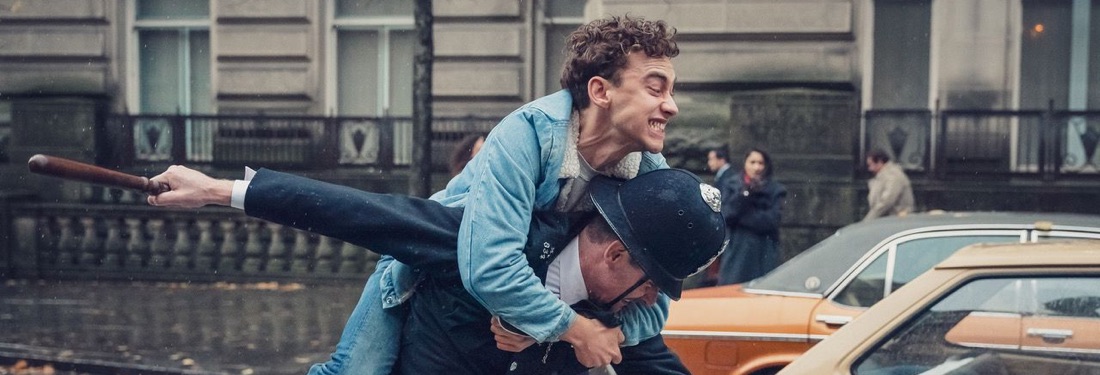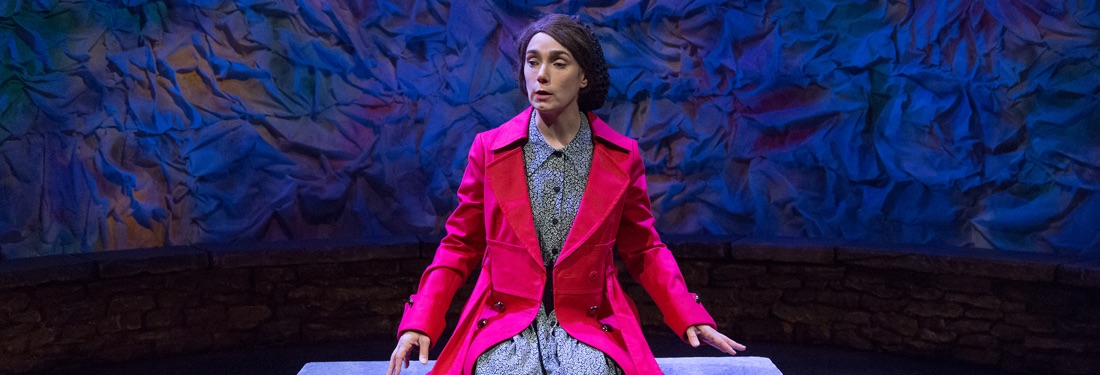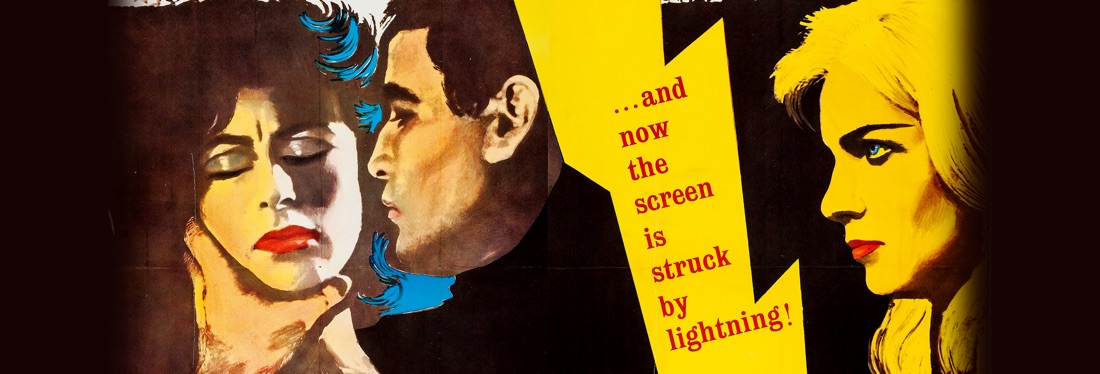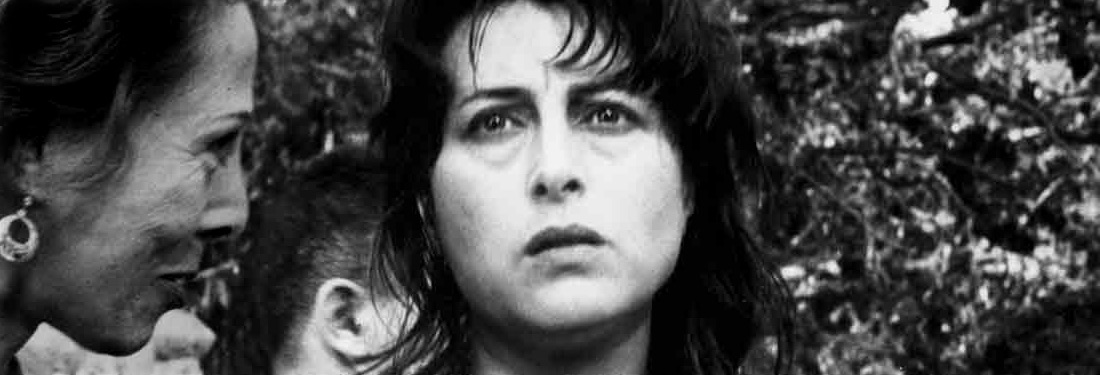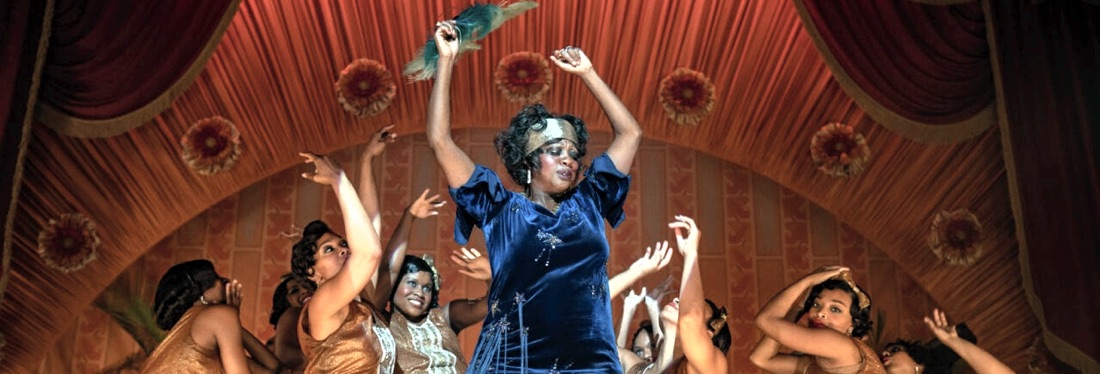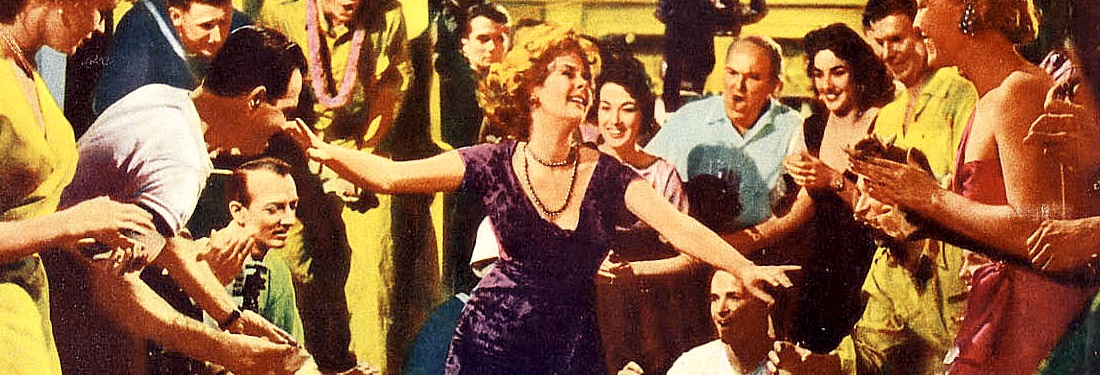
Without attempting to rival The New York Times’ enormous celebratory package, your doyenne lauds the golden anniversary of the Broadway opening night of the seminal musical Follies with a selection of parterre box and parterre box-adjacent pieces devoted to this gorgeous monster of a show.
Sweet Bird of Youth closes out an undeniably successful decade for Tennessee Williams, on stage and screen, and bisects his body of work, with his mature hits on one side and his experimental, often lambasted later plays on the other.
The flawless, classical singing style of Perry Como. Perry Como?
I can safely say that this is the gay drama I’ve been waiting for: a genuinely devastating drama that doesn’t treat its characters like lambs waiting for the slaughter or overdose on weepiness, and a queer narrative that unapologetically centers the queer perspective.
If The Night of the Iguana is not exactly a day at the beach, it’s not really the dark night of the soul it should be, either.
As I don’t need to remind you, we are fast approaching the one-year anniversary of COVID quarantine—and for the arts, it remains a scenario of giveth and taketh away.
We shared a feeling that writing about The Fugitive Kind was a date with destiny.
Truly, I think it would be almost impossible to overpraise Anna Magnani in a performance that’s absolutely riveting from start to finish
In the past when I’ve read through the scads of year-end best lists, there have always been a few titles that I just didn’t “get” but there were more than usual in 2020.
I’ve said it before, and I’ll say it again: nobody hits rock bottom like Susan Hayward.
The first thing I noticed about Ma Rainey’s Black Bottom is how it’s been slimmed down and punched up—clocking in at just 95 minutes, it hits all the marks of August Wilson’s original while smartly settling into a snappier, more focused filmic style.
I have to say I struggle with I Want to Live! The camp appeal of it—including Hayward’s performance—is undeniable… yet it’s also a sincere and even important movie.
While I would say that the great James M. Cain remains underappreciated as a novelist in literary circles, he’s generally done very well by Hollywood. The Postman Always Rings Twice, Mildred Pierce, and Double Indemnity have had multiple film adaptations, and at least one of each is a classic.
Pretty, petite and forgettable where her predecessor was striking and irresistible, Susan Strasberg doesn’t convince as the headstrong, mercurial aspiring actress who takes Broadway by storm.
Beatrice Page is a wonderful fit for Ginger Rogers, who plays it with brassy charm and a laudable sense of humor, since the character seems not to notice that she has aged out of her 20s by a couple of decades.
“Camp” is exactly the lens through which The Velvet Touch is best examined, including an utterly bewildering cross-pollinating of genres.
While I’d stop short of calling All About Eve a camp classic, it holds an undeniable and lasting interest for gay viewers.
The candor of some aspects of Now, Voyager—which at times can feel fairly formulaic—has moments that are truly startling, and there is something surprisingly modern and frank in the not-entirely-fulfilling concluding moments.
We put together these two very different movies from more than half a century apart—Of Human Bondage (1934) and The Whales of August (1987)—and thus get a sense of the long arc of a career.
Johnny Guitar, the delightfully subversive Western by director Nicholas Ray, features one of Joan Crawford’s most iconic performances.
What Ever Happened to Baby Jane is, of course, the founding document behind the concept—itself almost a piece of Grand Guignol theatrics—of horror as the genre to which female stars are left once they’ve hit 50.
By the end, we have rolling heads, a lot of screaming, and cheap horror too often overwhelms the better instincts of the screenwriters.
It’s the legendary Jeanne Eagels in the spotlight, which is exactly the right term. From our first glimpse of her fabulous face, she seems almost lit from within.
I’ve heard admirers for years describe this as their favorite Bette Davis performance, and it’s easy to see why; she brings her entire range to the role, and you can’t take your eyes off her.



